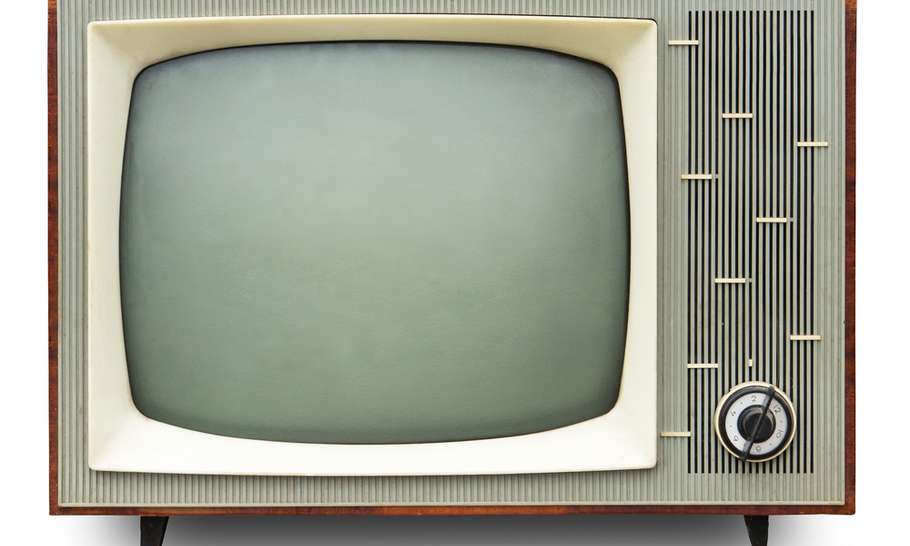Remote controls of the new class war

TV has become part of the new culture wars that are dividing Britain. Increasingly you can tell someone’s class or cultural background from the TV channels they watch. There was always an element of this. If you watched ITV in the 1970s or 80s you were more likely to be working class. If you watched BBC2 or Channel 4 you were more likely to be middle class. Of course, there were exceptions. ITV programmes like The World at War, Weekend World and The South Bank Show, or dramas like The Named Civil Servant and Bill Brand successfully crossed the class divide.
But these divides have taken on a new dimension over the past decade. They have not just intensified – they have acquired a dramatic new twist thanks to Netflix. And this new twist reflects larger changes in British society.
In his book The Road to Somewhere, David Goodhart wrote that British society was increasingly becoming a story of the Anywheres and the Somewheres. The Anywheres are cosmopolitan, middle class, mostly from the south-east, concentrated in London and university towns, who feel at home anywhere. They increasingly send their children abroad to university, may have second homes in southern France or northern Italy, watch European films and read European fiction. This is the heartland of Remain.
The Somewheres are less well-off, less well-educated, have been hit hard by globalisation, but, crucially, feel more grounded in Britain and particular ideas of Englishness and are more likely to read English books and watch British films.
What has this got to do with TV? The answer is that TV has increasingly become part of this cultural divide. The Anywheres increasingly watch Netflix, Amazon Prime, HBO and Sky Atlantic. They are abandoning British-made TV programmes in favour of American comedy and drama. Not the old 1970s detective shows, but sophisticated highbrow comedy like The Marvelous Mrs. Maisel and Curb Your Enthusiasm, dramas like The assassination of Gianni Versace, The Crown and The Americans and strange new hybrids like Russian Doll. Of course, British viewers have watched American shows for decades, going back to Bonanza and Perry Mason. Three things have changed. First, the sheer quantity of American output. Second, the range of genres and the kind of programmes.
But there’s a third change. The Anywheres are not just watching American TV. They are watching and talking about European and Israeli shows. People on social media must be baffled by the references to a new Netflix show called Shtisel. This is the ultimate in niche viewing. 24 episodes about a Jewish orthodox family (the Shtisels) living in a Jewish orthodox neighbourhood in Jerusalem. It’s been such a hit that Netflix are developing an American spin-off about Orthodox Jews in Brooklyn. Then there’s the Israeli drama, Prisoners of War. Never heard of it? You may have seen an American FBI series, Homeland, with Damian Lewis and Claire Danes. That was based on Prisoners of War.
There are popular European shows too which have had a big impact. There’s the new French TV show about a talent agency, Call My Agent! (Dix Pour cent in France) or the much darker drama series, The Returned, about a group of people who come back to their Alpine village and discover that they’ve been dead for several years. Or there’s the German drama series, Dark, Netflix’s first German-language production, or the six-part Cold War thriller, The Same Sky (Der Gleiche Himmel). Roma was the first Netflix drama to break into the movies and get nominated for Academy Awards.
The Somewheres don’t go near such programmes. They largely remain loyal to British programming: cops ‘n’ docs dramas, popular comedy, talent shows, reality TV and soaps. Of course, increasingly, they too are abandoning terrestrial TV. Not just for Sky but countless other digital channels, for movies, nature programmes, history channels. The crucial point is that by and large they’re not watching the same programmes, or even the same channels, as Anywheres.
Not only do Anywheres send their children to different kinds of schools, go to private hospitals, different holiday locations, read different kinds of books. They now watch different TV programmes on different TV channels. The BBC and ITV are desperately struggling to keep this audience. But it’s too late. A big chunk of the British TV audience – young, well-educated, well-off, cosmopolitan – are abandoning British-made programmes in droves. It’s the latest battle in the culture wars, part of the growing divide in British society. In politics it’s reflected in Brexit and the new populism. But it’s everywhere in our culture and the latest battlefield is in our sitting rooms.





